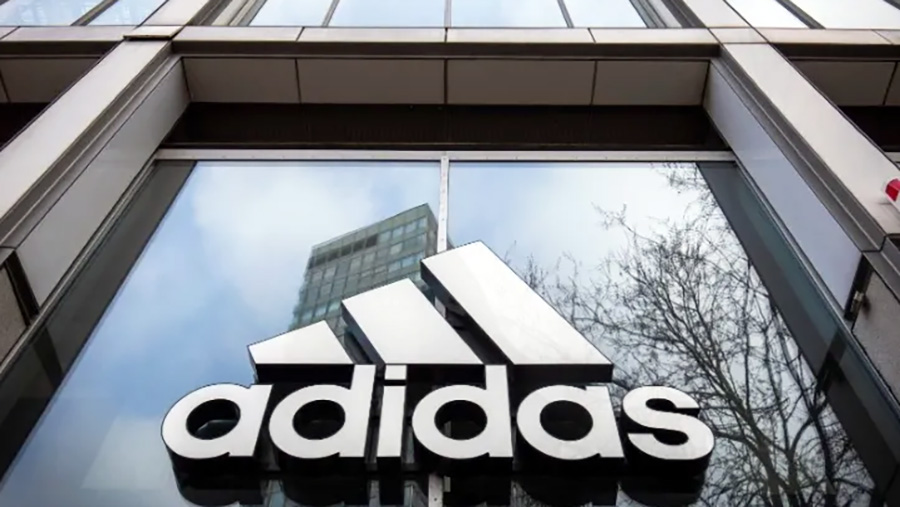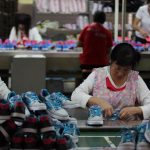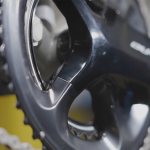Adidas reported on June 26 that two Chinese employees had left the company as the German sportswear giant investigates bribery allegations in China.
On June 15, Adidas announced it was “intensively investigating” allegations of corruption in China after receiving an anonymous letter charging senior executives in the country received millions of dollars in kickbacks from service providers. The Financial Times, which broke the news, reported that the letter, allegedly written by “employees of Adidas China,” accused several Chinese employees by name.
“On June 7, 2024, we received an anonymous letter indicating potential leadership concerns and allegations with regards to compliance violations in China,” stated Claudia Lange, head of media relations at Adidas, on June 26.
“While Adidas is investigating this matter together with independent external advisers, evidence has been found that in the interaction with local vendors, one employee violated the company’s code of conduct. Separately, a second employee failed to meet the company’s leadership expectations of demonstrating mutual respect and trust. As a result, both employees have left the company.”
Lange added that the investigation is ongoing.
According to the Financial Times, those accused in the letter, also briefly shared on the Chinese social media platform Xiaohongshu, included one of the company’s executives involved with Adidas’s marketing budget in China, which it said stood at €250 million ($268 million) a year. Another Adidas China manager is said to have received “millions in cash from suppliers, and physical items such as real estate.”
According to Jing Daily, a Xiaohongshu user claiming to be an Adidas Group employee accused Judy Li, former SVP of marketing for Adidas China, of bullying in the workplace and accepting kickbacks. The whistleblower’s letter cited widespread corruption involving sports marketing and brand activation. The marketing team allegedly received 15 percent to 20 percent in kickbacks and forged contract fees with celebrities and KOI (key opinion leaders) agents. Despite a kickback scandal involving media partner GroupM, Li and her team concealed the issue.
According to the letter, Li has been the head of marketing since 2022. The letter also cited other Adidas marketing and retail team members for alleged corruption.
It also pointed out that previous marketing executives Christine Pan and Simon Wang were also dismissed in previous corruption incidents.
Given its expansive population and growing middle class, China remains a key region that Adidas expects will fuel growth for the brand in the years ahead. However, Adidas lost market share to rivals from 2019 to 2022 due to stringent lockdown measures and a consumer boycott stemming from the brand’s stance on sourcing materials from Xinjiang amid accusations of forced labor practices in the region.
On a currency-neutral basis, Adidas’ sales in China fell 15 percent in 2020, 24.3 percent in 2021 and 35.8 percent in 2022. Sales recovered in 2023, expanding 8.2 percent currency-neutral (0.4 percent reported) to €3.2 billion. In the first quarter, Adidas sales in China rose 7.8 percent on a currency-neutral basis (1.5 percent reported) to €897 million.
On Adidas’ first-quarter analyst call, Adidas’ CEO Bjorn Gulden said Adidas still expects currency-neutral sales to increase at a double-digit rate for 2024 despite falling short in the first quarter. He said, “Eight percent is a little bit shy of double-digit, but not a lot. There is a lot of energy in the market. We are doing a lot of activities, both in performance and lifestyle. We are very happy with the performance of the team, and we feel confident that we will end the year up double-digits despite, I would say, an economy that is maybe not as hot as many people would have hoped for.”
Image courtesy Adidas/AP
















